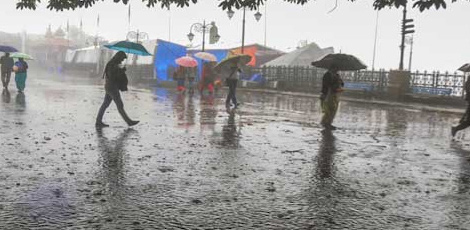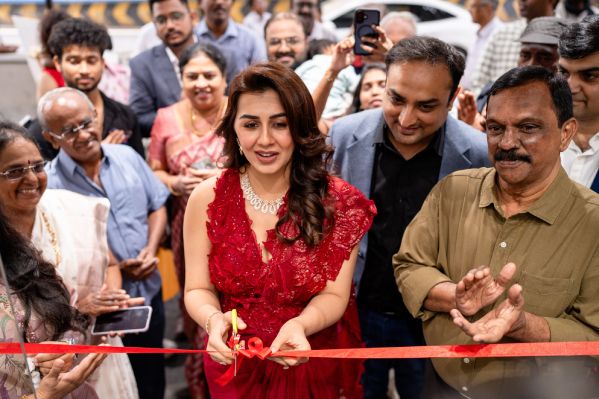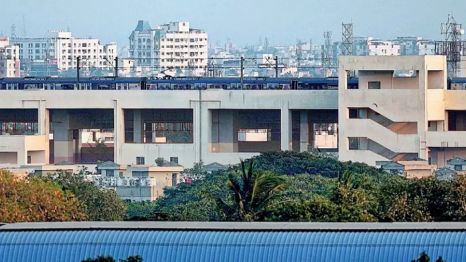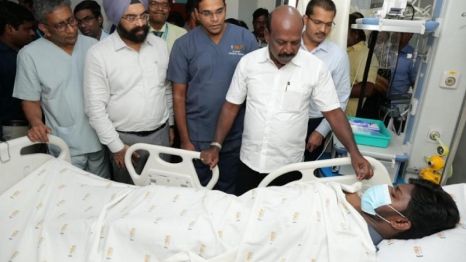
Research on Face mask usage: does not lead to re-breathing carbon dioxide!
Posted on: 05/Oct/2020 12:34:22 PM
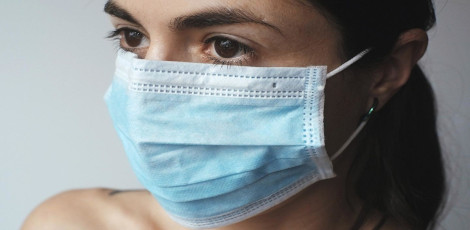
Apprehensions have been expressed by a large section of the public that wearing face masks could lead to carbon dioxide (CO2) re-breathing!
However, a study recently published in the Annals of the American Thoracic Society shows otherwise!
The results of these findings contradict statements linking wearing face masks to carbon dioxide poisoning by trapping of CO2.
The above study had been titled: �Effect of Face Masks on Gas Exchange in Healthy Persons and Patients with COPD�.
Michael Campos, the MD, and the co-authors assessed problems with gas exchange, that is, changes in oxygen level or carbon dioxide levels in healthy individuals as well as veterans with Chronic Obstructive Pulmonary Disease or COPD before and while using surgical masks.
According to the ATS Patient Education Fact Sheet on the disease, the people with COPD �must work harder to breathe, which can lead to shortness of breath and/or feeling tired.�
Dr Campos of the Miami Veterans Administration Medical Center and the Division of Pulmonary, Allergy, Critical Care and Sleep Medicine at the University of Miami, said, �We show that the effects are minimal at most even in people with very severe lung impairment.�
Regarding the feeling of breathlessness that some healthy people may experience, Campos explained, �Dyspnea, the feeling of shortness of breath, felt with masks by some is not synonymous of alterations in gas exchange. It likely occurs from the restriction of airflow with the mask in particular when higher ventilation is needed (on exertion).�
If you�re walking briskly up an incline, for example, you may experience feelings of breathlessness. An overly tight mask may also increase the feeling of breathlessness. The solution is simply to slow down or remove the mask if you are at a safe distance from other people.


